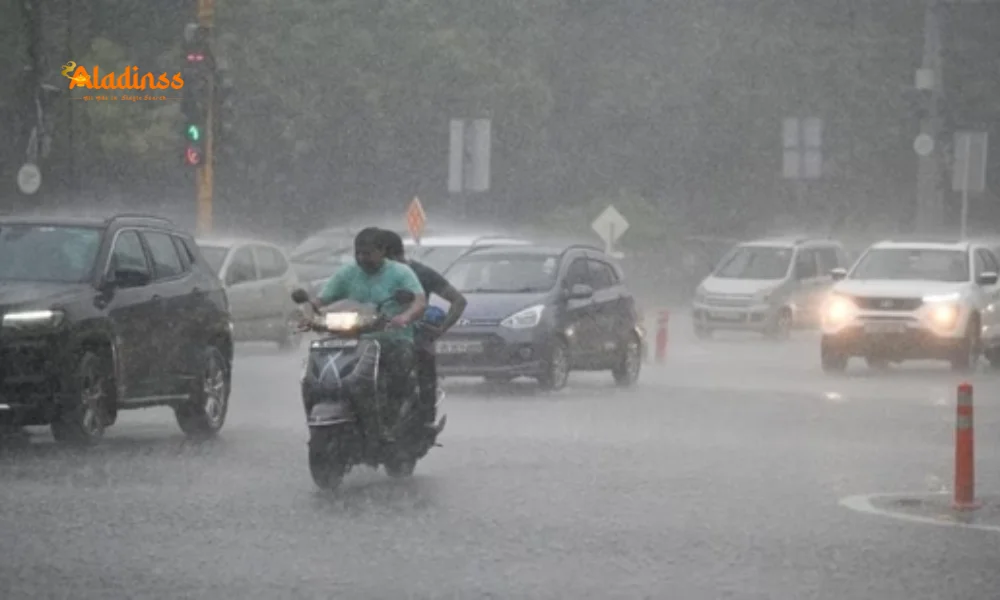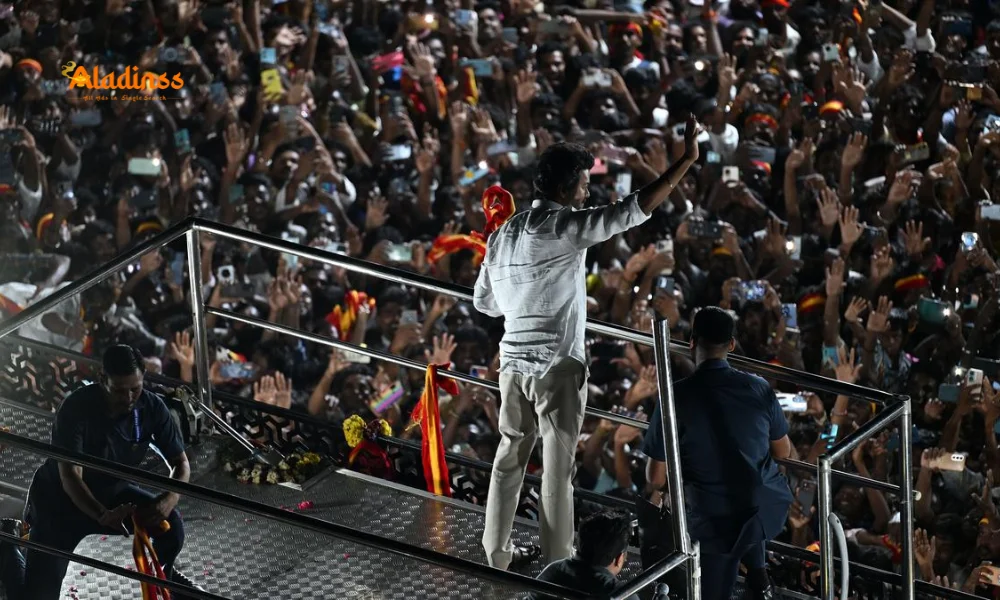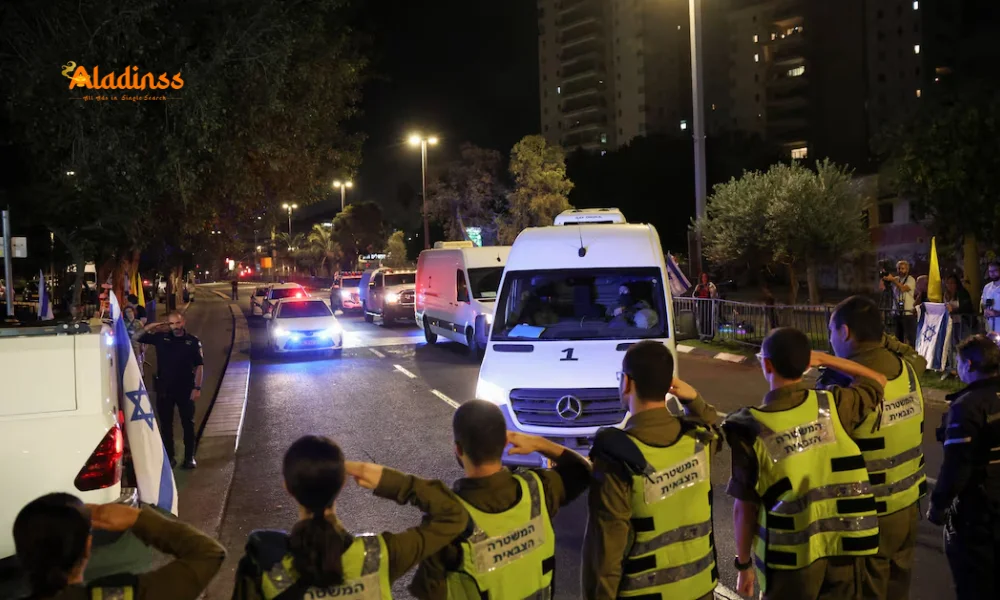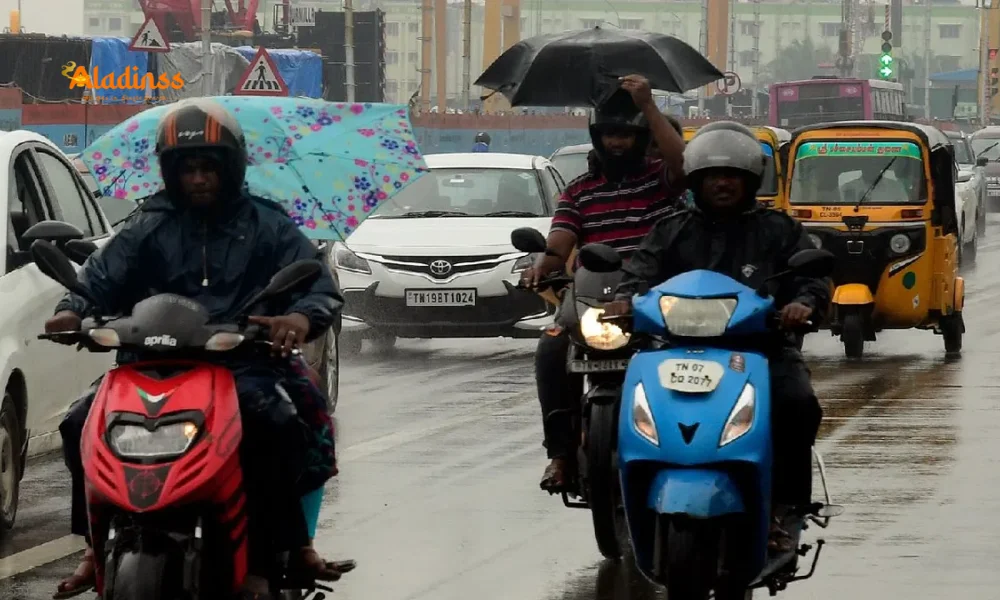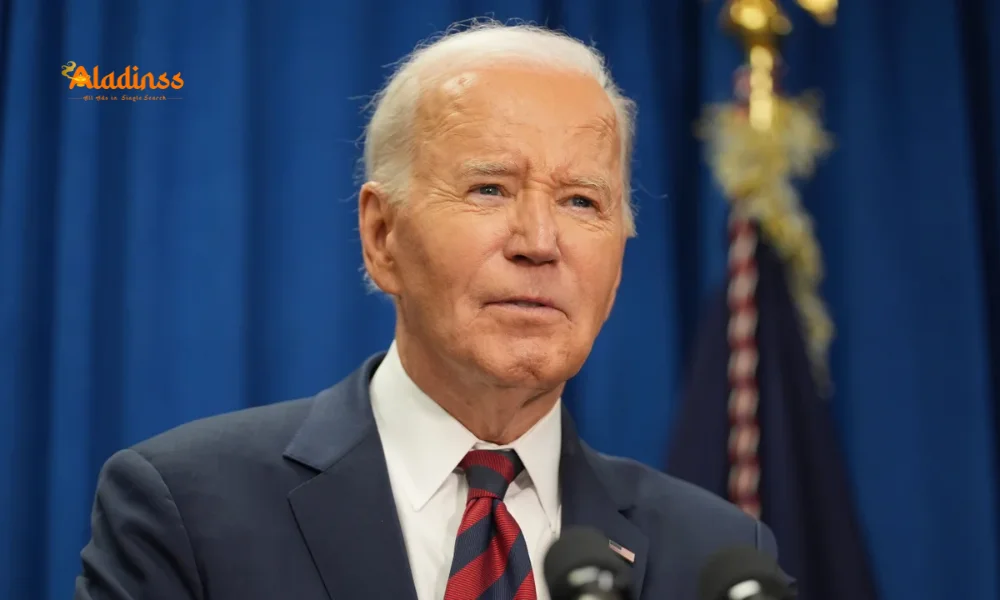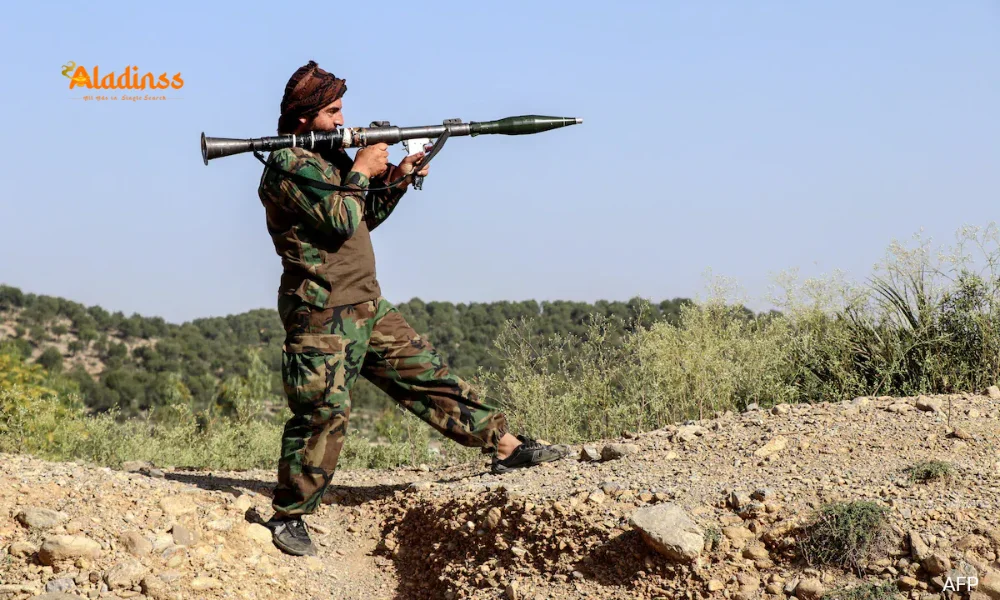Stalin Blames Vijay Delay for Karur Stampede
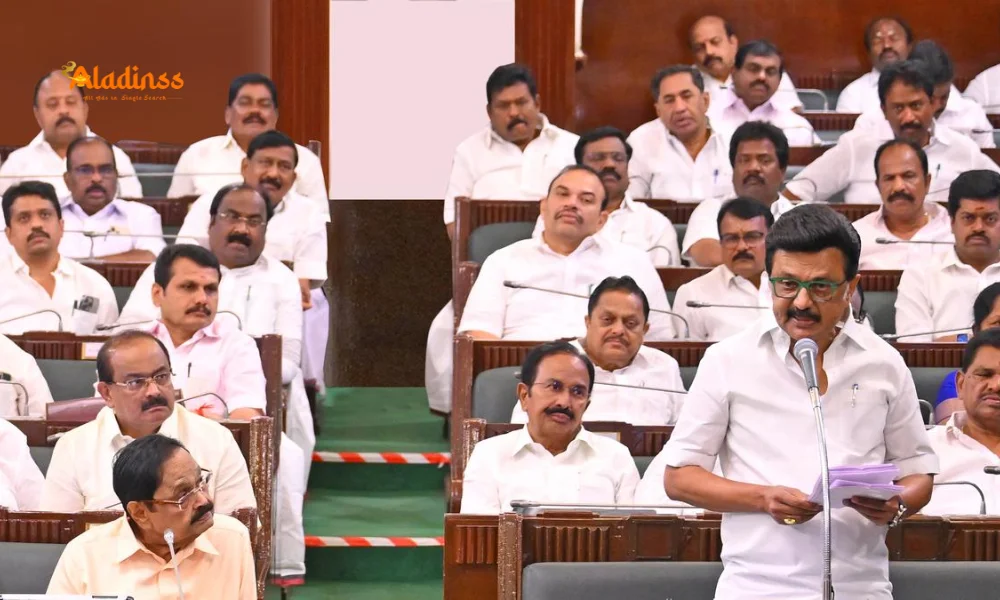
CM Stalin Blames 7-Hour Delay by Vijay for Karur Stampede in Heated Tamil Nadu Assembly Debate
In a charged session of the Tamil Nadu Assembly, Chief Minister M.K. Stalin squarely blamed the seven-hour delay in actor-turned-politician Vijay's arrival for the catastrophic Karur stampede that claimed 41 lives on September 27, 2025. The Stalin Karur stampede speech painted a vivid picture of mismanagement at the Tamilaga Vettri Kazhagam (TVK) rally in Velusamypuram, Karur, where overcrowding and logistical failures turned enthusiasm into tragedy. Stalin emphasized that the government's robust security deployment was undermined by TVK's disregard for protocols, urging all parties to prioritize public safety in political events. This revelation has intensified the political spotlight on TVK's organizational lapses amid the ongoing CBI probe ordered by the Supreme Court.
The assembly debate, held on October 15, 2025, marked the first legislative discussion since the incident, with Stalin preempting opposition attacks by detailing the timeline and government's response. He recounted how thousands gathered from early morning, only for frustration to build as Vijay's convoy arrived well past the scheduled noon slot, sparking a surge that led to the deadly crush near Akshaya Hospital. This TVK rally delay Karur narrative underscores broader concerns over crowd control in high-profile rallies, especially for emerging parties like TVK challenging Tamil Nadu's political duopoly.
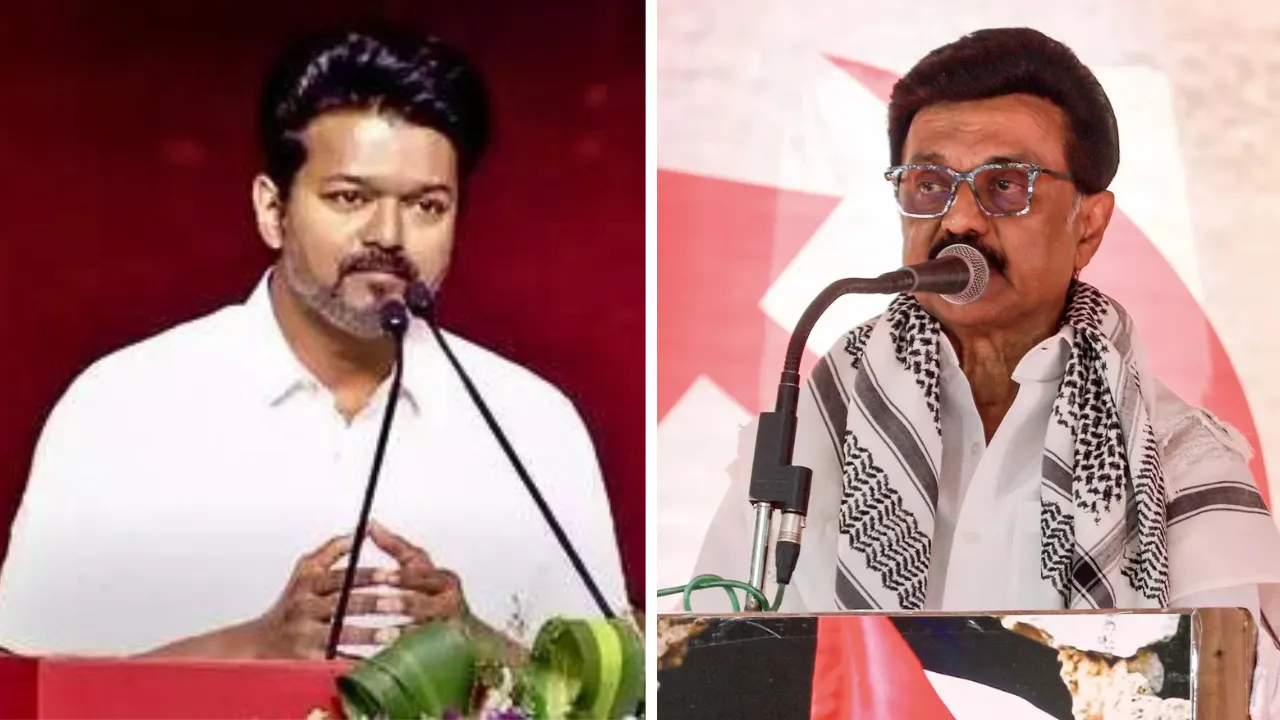
Stalin highlighted that the stampede erupted when Vijay's vehicle advanced 30-35 meters in violation of police directives, igniting chaos among the impatient crowd. He clarified that an ambulance's arrival to aid victims did not trigger the incident but rather responded to it, countering early rumors. The Chief Minister also pointed to the absence of basic amenities like drinking water and food, which exacerbated the unrest during the prolonged wait.
Security Deployment and Permission Conditions
Defending the state's preparedness, Stalin revealed that 601 police personnel were mobilized for the event, including reinforcements from neighboring districts, far exceeding standard requirements for such gatherings. Permission was granted with 11 stringent conditions, including barricading, route mapping, and coordination with local authorities-measures TVK allegedly flouted. The venue, previously hosting an orderly AIADMK campaign without incident, highlighted the contrast in planning, as Stalin noted the opposition party's adherence to guidelines prevented similar mishaps.
This deployment included traffic regulators and rapid response teams, yet the rally's extension from 3 p.m. to 10 p.m. due to the delay strained resources. Stalin's account aligns with police FIRs citing culpable homicide charges against TVK organizers, emphasizing how the late arrival fueled a bottleneck near the entry point. The assembly erupted in protests from AIADMK and BJP benches, who accused the government of lax venue approvals, but Stalin countered by sharing autopsy timelines-starting at 4 p.m. and concluding by midnight-and treatment details for the 80 injured.
Timeline of the Karur Stampede Incident
Recapping the fateful day, Stalin described how supporters began assembling around 9 a.m. for the noon event, swelling to over 50,000 by evening. The delay, attributed to Vijay's schedule, pushed the start to 7 p.m., leading to a human pile-up as fans rushed forward upon sighting the convoy. Eyewitness reports corroborated the Chief Minister's version, with the crush occurring en route from Akshaya Hospital, where unauthorized movement breached security perimeters. Post-incident, 220 doctors and 160 nurses from a nearby conference were rushed to aid, performing swift autopsies at Karur, Erode, and Trichy hospitals.
The Karur stampede details reveal a tragic irony: the same fervor that propelled TVK's youth appeal turned deadly due to unchecked enthusiasm. Stalin detailed victim profiles-mostly young adults aged 18-30 from rural pockets-underscoring the demographic hit. Compensation announcements followed, with TVK pledging aid, but the assembly speech shifted focus to accountability, vowing action post-CBI findings.
Opposition Counterattacks and Political Tensions
The debate saw fiery exchanges, with AIADMK leader Edappadi K. Palaniswami (EPS) demanding a judicial inquiry and criticizing the government's "pre-emptive blame game." BJP members echoed calls for resignations, labeling the stampede a "law and order failure." Stalin, undeterred, lashed out at TVK's inexperience, comparing it to past opposition events managed seamlessly. Social media erupted with #KarurStampede hashtags, splitting opinions between DMK loyalists praising transparency and TVK supporters decrying politicization.
This Tamil Nadu assembly Karur debate reflects deepening rifts ahead of 2026 polls, where TVK positions as a disruptor. Analysts note Stalin's strategy neutralized opposition momentum, but lingering questions on venue safety persist, with calls for statewide rally audits.
Government's Response and Medical Details
Stalin outlined the swift medical cascade: ambulances, though allegedly obstructed initially, evacuated casualties promptly. Over 80 received care, with 41 declared dead from asphyxia and injuries. The Chief Minister shared specifics-autopsies from 4 p.m. to midnight, involving 50 specialists-affirming no delays in protocol. Families received ex-gratia payments, and counseling hubs were established in Karur, signaling holistic support.
This transparency aims to rebuild trust, contrasting with criticisms of ambulance attacks by unruly elements. The government's pledge aligns with Supreme Court directives, monitoring the CBI via a retired judge for impartiality.
Lessons for Political Rallies and Future Safeguards
Drawing parallels to the 2021 Chennai floods and past stampedes, Stalin advocated a political rally safety pledge, mandating tech like AI crowd analytics and mandatory drills. TVK's rally, lacking barricades and hydration stations, serves as a cautionary tale for newcomers. Experts recommend capping attendance and real-time liaison with police, measures the state eyes legislating.
The Vijay TVK Karur delay has ripple effects, denting TVK's image while bolstering DMK's crisis management narrative. As investigations deepen, Tamil Nadu's political arena braces for accountability, hoping this tragedy fosters safer democratic expressions.
- 601 police deployed, exceeding norms.
- 11 permission conditions ignored.
- Autopsies completed within hours.
- 80 injured treated promptly.
- Call for unified safety protocols.
Broader Implications for Tamil Nadu Politics
The Karur incident exposes vulnerabilities in rally logistics, especially for celebrity-driven parties. TVK's ascent, fueled by Vijay's fanbase, now faces scrutiny, with surveys showing a dip in urban youth support. Stalin's speech, blending empathy and critique, positions DMK as the responsible incumbent, countering AIADMK's governance jabs.
Community vigils in Karur demand memorials, transforming grief into advocacy. As the CBI unravels potential conspiracies-like alleged disruptions-the assembly's echoes will shape electoral strategies, reminding leaders that public trust hinges on safety.
In closing, Stalin's forthright address on the Karur stampede cause not only honors the lost but charts a path for vigilant politics, ensuring Tamil Nadu's vibrant democracy endures without such shadows.
Comment / Reply From
No comments yet. Be the first to comment!

